
“He who learns but does not think, is lost! He who thinks but does not learn is in great danger.” -Confucius
Categories

The Warrior Poet Way
In The Warrior Poet Way, John Lovell challenges readers to embrace the dual nature of the warrior and the poet—balancing strength with compassion, and discipline with love. He encourages a life of purpose, where facing life's battles with courage and integrity leads to true freedom. Lovell's teachings remind us that to live well is to prepare for a good death, leaving behind a legacy of honor and meaning.
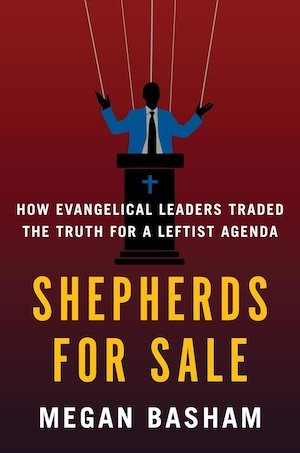
Shepards For Sale
In Shepherds for Sale, Megan Basham exposes the troubling trend of evangelical leaders compromising biblical truth for the sake of cultural relevance and financial gain. She reveals how these leaders have softened their stances on critical issues, leading to a dilution of core Christian doctrines. Basham calls for a return to unwavering scriptural adherence, urging believers to hold their leaders accountable and resist the lure of conformity.
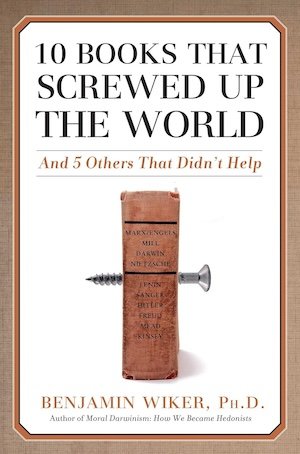
10 Books That Screwed Up the World
In 10 Books That Screwed Up the World, Benjamin Wiker dissects the dangerous ideas propagated by some of history's most influential works. By critically examining the philosophical and ideological underpinnings of these books, Wiker reveals how they have contributed to moral and societal decay. This compelling analysis serves as a cautionary tale, urging readers to reconsider the profound impact that literature can have on the world.

Chaos
In "Chaos: Charles Manson, the CIA, and the Secret History of the Sixties," Tom O'Neill and Dan Piepenbring unravel a web of conspiracy and cover-up that challenges the official narrative of the Manson Family murders. Delving into previously hidden connections between Manson, the CIA's mind control experiments, and the tumultuous cultural landscape of the 1960s, the authors present a chilling alternative history. This meticulously researched investigation raises unsettling questions about the true forces behind one of America's most notorious crimes.
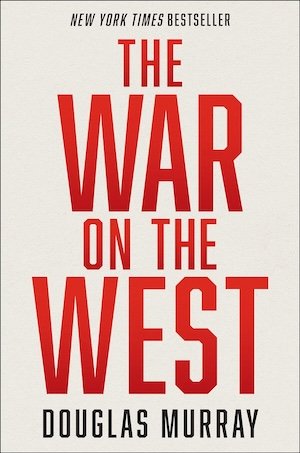
The War on the West
In The War on the West, Douglas Murray contends that Western civilization is under siege from a cultural and political critique that seeks to undermine its historical and philosophical foundations. He argues that Western achievements are being unfairly vilified, with an emphasis on negative aspects like colonialism and slavery, while overlooking contributions to science, technology, and human rights. Murray calls for a renewed appreciation of Western heritage and values, urging a balanced perspective that recognizes both its achievements and mistakes.
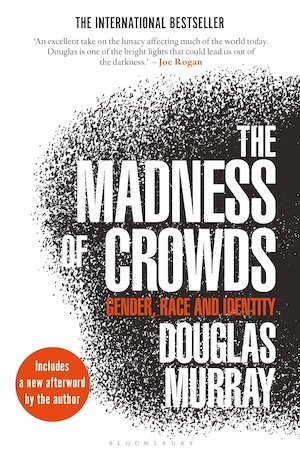
The Madness of Crowds: Gender, Race and Identity
In The Madness of Crowds, Douglas Murray critically examines how identity politics have transformed societal discourse, often prioritizing group identity over individual merit. He argues that modern social justice movements, while well-intentioned, frequently exacerbate division and suppress free speech by promoting a culture of victimhood. Murray calls for a return to rational debate and individualism to foster a more inclusive and resilient society.
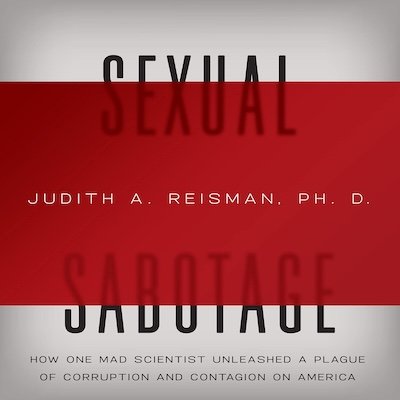
Sexual Sabotage
In "Sexual Sabotage," Dr. Judith Reisman meticulously dissects the flawed methodologies and controversial ethics behind Alfred Kinsey's research on human sexuality, arguing that his work led to a profound and detrimental shift in American cultural values. She asserts that Kinsey's reports, which were widely accepted as scientific fact, misrepresented sexual behavior and promoted a wave of permissiveness that has had lasting negative effects on society. Reisman calls for a critical reevaluation of Kinsey's legacy and a recommitment to traditional moral values and sexual ethics.
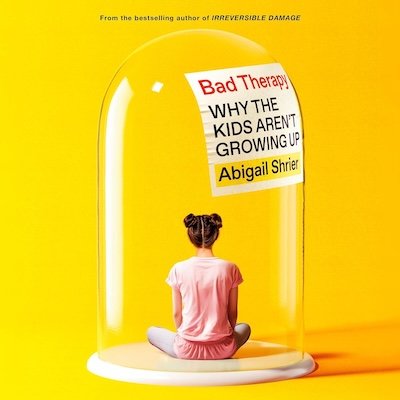
Bad Therapy
In "Bad Therapy," Abigail Shrier asserts, "Modern therapeutic practices have veered dangerously from their foundational principles, often prioritizing swift affirmation over careful diagnosis. This shift has led to irreversible decisions made in haste, particularly among vulnerable adolescents exploring their gender identity. A return to a more cautious, individualized approach in therapy is essential to protect the long-term well-being of those seeking guidance."
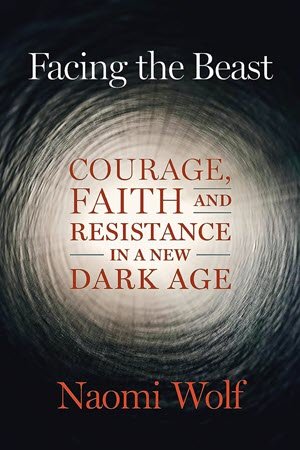
Facing the Beast
In "Facing the Beast," Naomi Wolf writes, "In the face of unprecedented societal upheaval, it is imperative that we recognize the insidious forces that seek to undermine our collective humanity. These 'beasts'—political corruption, economic inequality, and cultural disintegration—threaten to erode the very foundations of our society. Yet, through resilience, critical thinking, and community solidarity, we possess the power to confront and overcome these challenges, reclaiming our agency and forging a path toward a more just and equitable world.
